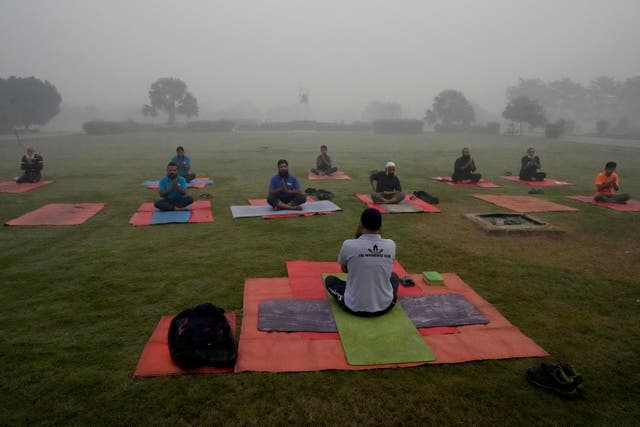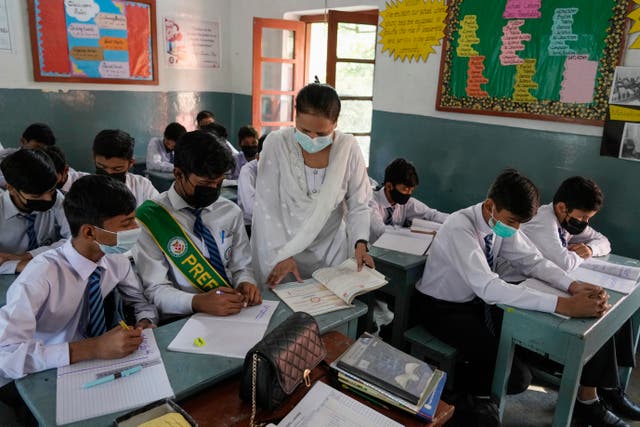
Authorities in eastern Pakistan have closed public parks, zoos, museums, historical buildings and playgrounds for 10 days as a record-breaking “smog wave” choked 18 districts of Punjab province, leaving tens of thousands of people ill.
Lahore residents went about their lives in a twilight gloom that lingered over the city for hours, reducing visibility to around 100 metres.
Toxic smog has shrouded the city of 14 million people and other parts of Punjab since last month.
It has forced the government to close schools and other public places until November 17 and keep government employees at home in 18 of Punjab’s districts, including its capital city Lahore.

“These measures to ban the entry of people to such places are part of the Punjab government’s efforts aimed at protecting the health of people”, said Sajid Bashir, the spokesperson for the Environment Protection Department in Punjab.
“We want people to stay at home and avoid unnecessarily travelling,” he said.
On Friday, a court in Lahore also ordered the government to shut all markets after 8pm. Authorities have already banned barbecuing food without filters and ordered wedding halls to close by 10pm.
Mr Bashir said Lahore was the world’s most polluted city on Friday, with Air Quality Index readings of over 600. Anything over 300 is considered hazardous to health.
Schools were closed earlier in the smog-hit districts to protect the health of children. That will affect the education of more than 20 million students, according to associations representing private and government schools.

Mr Bashir said he hoped the smog would start improving next week.
However, air pollution has already sickened tens of thousands of people in Lahore alone.
The province saw a record high Air Quality Index reading of over 1,100 on Wednesday.
That day, Marriyum Aurangzeb, a senior minister in the Punjab province, urged residents to wear face masks and avoid unnecessary travel voluntarily, and said that “otherwise, the government will be forced into a complete lockdown”.
Khuram Gondal, Save the Children’s country director, has urged authorities to urgently address air pollution, including through long-term solutions, to create a better future for children.


House Rules
We do not moderate comments, but we expect readers to adhere to certain rules in the interests of open and accountable debate.
Read the rules here